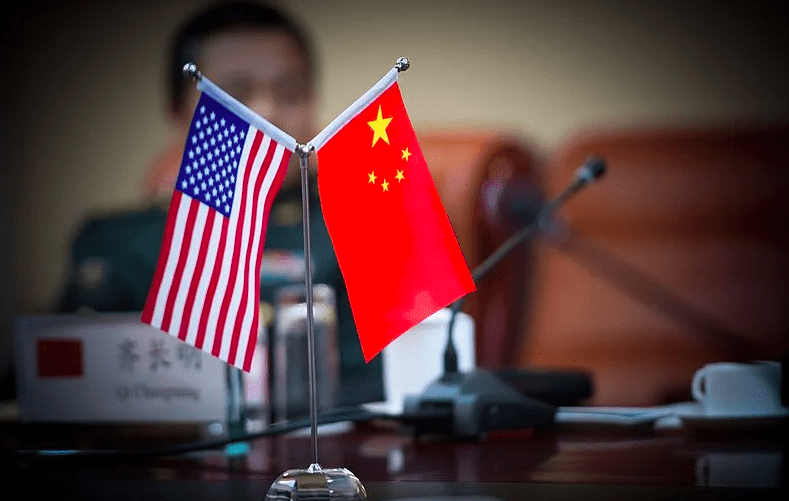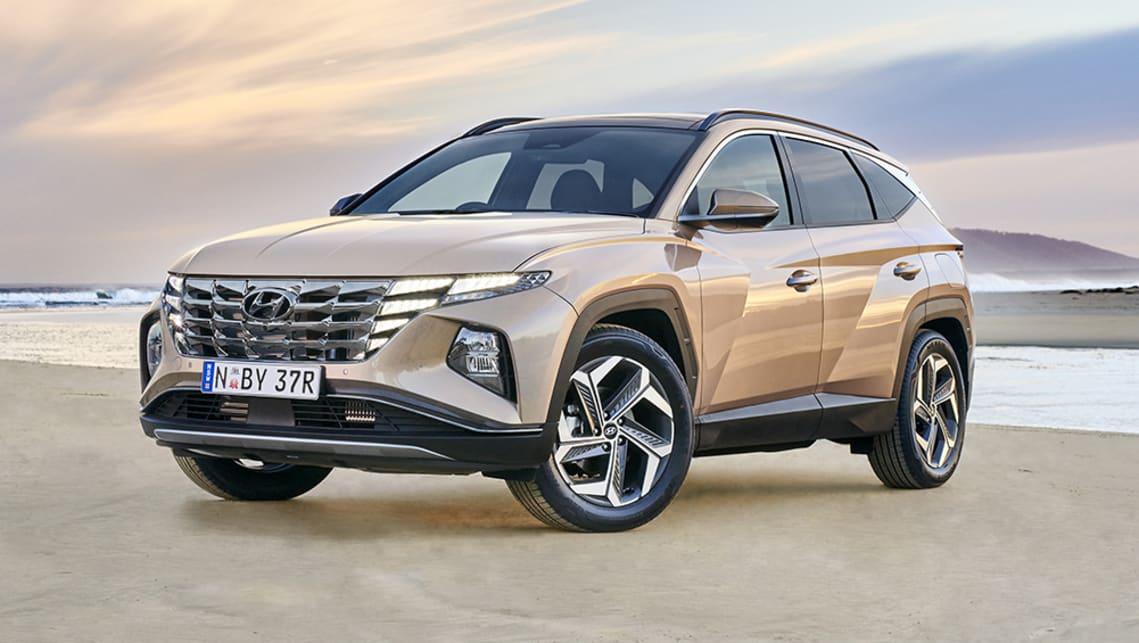
Global semiconductor shortage explained: what car chip shortages mean for your next new car, including shipping delays and long waiting times
Content

Hyundai is one of many brands facing a global semiconductor shortage.
The world has changed dramatically in the past 18 months and the global pandemic has affected every aspect of life, including the cars we drive.
Since the early days of the pandemic in 2020, when automakers around the world began shutting down factories to try to contain the spread of the virus, a chain reaction has begun that has led to limited stock at car dealerships, with car companies now openly considering cutting back on the amount of technology they offered in cars.
So how did we get here? What does this mean for those who want to buy a car? And what's the solution?
What are semiconductors?
According to information Britannica.com, a semiconductor is "any of the class of crystalline solids intermediate in electrical conductivity between a conductor and an insulator".
Generally speaking, you can think of a semiconductor as a microchip, a tiny piece of technology that helps many of today's worlds work.
Semiconductors are used in everything from cars and computers to smartphones and even household items like televisions.
Why a deficit?

This is a classic case of supply and demand. With the pandemic forcing people around the world to work from home, not to mention kids learning online, the demand for technology goods such as laptops, monitors, webcams and microphones has skyrocketed.
However, semiconductor manufacturers assumed that demand would decline as other industries (including automotive) slowed down due to pandemic-related restrictions.
Most semiconductors are made in Taiwan, South Korea and China, and these countries have been hit just as hard by COVID-19 as anyone else and have taken time to recover.
By the time these plants were fully operational, there was a wide gap between the demand for semiconductors and the available supply for so many manufacturers.
The Semiconductor Industry Association said demand for its products increased by 6.5% in 2020 amid various shutdowns around the world.
The time it takes to make chips - some of them can take months from start to finish - combined with long ramp-up times have put manufacturing industries around the world in a difficult position.
What do semiconductors have to do with cars?
The problem for the automotive industry is complex. First, many brands began cutting their semiconductor orders early in the pandemic, anticipating lower sales. In contrast, car sales remained strong as people either wanted to avoid public transportation or spent money on a new car instead of taking a break.
While the chip shortage has affected all industries, the difficulty for the automotive industry is that cars don't rely on just one type of semiconductor, they need both the latest versions for things like infotainment and the less advanced ones for components. like power windows.
Despite this, car manufacturers are actually relatively small customers compared to tech giants like Apple and Samsung, so they are not given priority, leading to further problems.
The situation was not helped by a fire at one of the largest Japanese chip manufacturers in March this year. Due to damage to the factory, production was shut down for about a month, further reducing global shipments.
What impact did this have on the automotive industry?

The semiconductor shortage has affected every automaker, though it's hard to pinpoint exactly how bad as the crisis continues. What we do know is that this has impacted the ability of most brands to manufacture vehicles and will continue to cause supply restrictions for some time to come.
Even the largest manufacturers are not immune: Volkswagen Group, Ford, General Motors, Hyundai Motor Group and Stellantis are forced to slow down production around the world.
Volkswagen CEO Herbert Diess said his group was unable to build about 100,000 vehicles due to a shortage of semiconductors.
Earlier this year, General Motors was forced to shut down factories in the US, Canada and Mexico, some of which have yet to return to work. At one point, the American giant predicted that this crisis would cost him US$2 billion.
Most brands have chosen to focus on what semiconductors they can get in the most profitable models; for example, GM is prioritizing production of its pickup trucks and large SUVs over less profitable models and niche products such as the Chevrolet Camaro, which has been out of production since May and is not due to resume until the end of August.
Some brands, worried about chip shortages throughout the year, are now considering taking more drastic measures. Jaguar Land Rover recently admitted that it is considering removing certain pieces of equipment from models in order to build the rest of the car.
This means buyers may have to decide whether they want to get their new car early and compromise on the specification, or be patient and wait until the chip shortage is over so all the hardware can be turned on.
A side effect of this production slowdown is limited supply and delivery delays. In Australia, an already sluggish first half of 2020 due to a recession has been exacerbated, and the pandemic has only tightened supply further.
While there are signs of a recovery in Australia as sales return to pre-pandemic levels, car prices remain above average as dealers are limited in the inventory they can supply.
When will it end?
It depends who you listen to: some predict that we have experienced the greatest shortage, while others warn that it could drag on until 2022.
Volkswagen's head of purchasing, Murat Axel, told Reuters in June that he predicted the worst period would end by the end of July.
In contrast, at press time, other industry experts report that the supply shortage could actually worsen in the second half of 2021 and cause further production delays for automakers.
Stellantis boss Carlos Tavares told reporters this week that he does not expect shipments to return to pre-pandemic levels before 2022.
How can you increase the supply and prevent this from happening again?

I know this is an automotive website, but the reality is that the semiconductor shortage is actually a complex geopolitical issue that requires government and business to work together at the highest levels to find a solution.
The crisis has shown that semiconductor manufacturing is concentrated in Asia - as mentioned earlier, most of these chips are produced in Taiwan, China and South Korea. This makes life difficult for European and American automakers, as it limits their ability to increase supply in a highly competitive global industry.
As a result, world leaders have jumped into this semiconductor problem and pledged to help find a solution.
US President Joe Biden said that his country should stop being so dependent on other countries and should secure its supply chain in the future. Exactly what this means is difficult to quantify, because ramping up the production of technical products such as semiconductors is not an instantaneous business.
In February, President Biden ordered a 100-day review of global supply chains to try to find a solution to the semiconductor shortage.
In April, he met with more than 20 industry leaders to discuss his plan to invest US$50 billion in semiconductor manufacturing, including Mary Barry of GM, Jim Farley and Tavares of Ford, and Sundar Pichai of Alphabet (Google's parent company). ). ) and representatives from Taiwan Semiconductor Company and Samsung.
The President of the United States is not alone in his concerns. In May, German Chancellor Angela Merkel told an innovation summit that Europe would endanger its key industries if it failed to protect its supply chain.
“If a big bloc like the EU is not able to create chips, I am not happy with that,” Chancellor Merkel said. "It's bad if you're an automobile nation and you can't produce basic components."
China is reportedly focused on producing up to 70 percent of the microchips needed for its own domestically produced industries over the next five years to ensure it has what it needs.
But not only are governments taking steps, several automakers are also taking the lead in their safety efforts. Last month, Reuters reported that Hyundai Motor Group had discussed with South Korean chipmakers a long-term solution that would prevent the problem from recurring.
